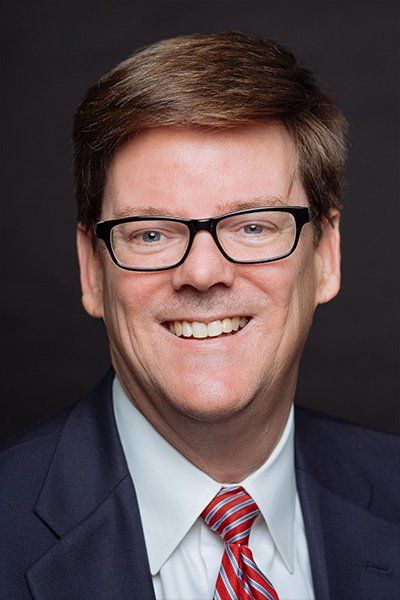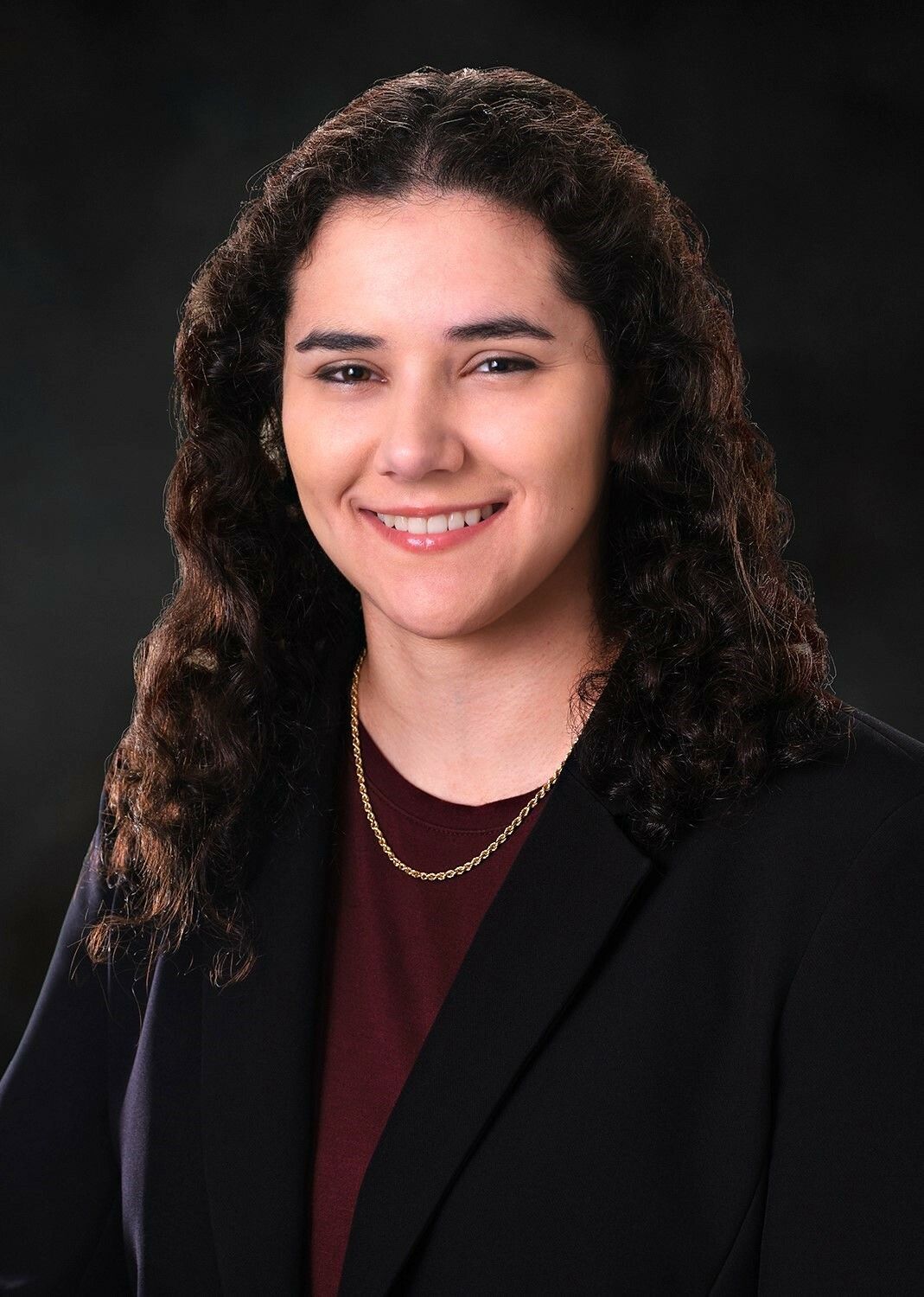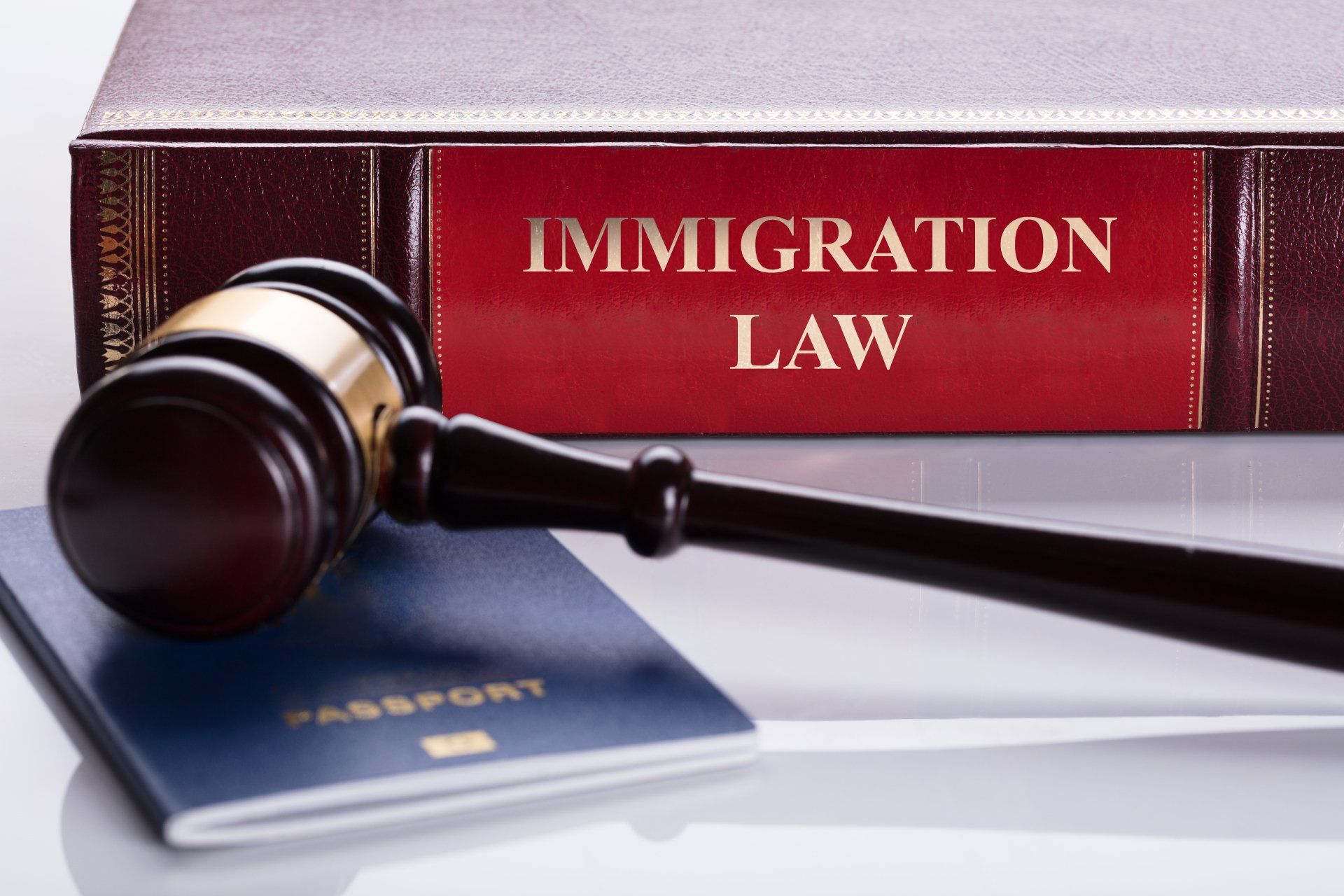USCIS Publishes Provisional Waiver Rule to Allow Faster immigration
USCIS Publishes Provisional Waiver Rule to Allow Faster immigration

Obama administration officials unveiled a new provisional unlawful presence waiver rule, ("provisional waiver") on Wednesday, January 2, 2013 that will make it easier for undocumented immigrants who are immediate family members of U.S. citizens to obtain legal permanent residence. The benefit of this rule change is that it will allow the American citizen relatives to avoid long separations from immediate family members, reduce hardship, and ensure family unity.
GKH has long been looking forward to the provisional waiver rule and has posted about it hereand here. After months of waiting, the final rule on the provisional waiver was published in the Federal Register today and filings will be accepted beginning March 4, 2013.
The Current Process
U.S. citizens can already petition for their immediate relatives to become lawful permanent relatives and apply for a hardship waiver, but the process is onerous. Under current immigration law, all individuals who have accrued more than six months of unlawful presence while in the United States must file a waiver application only after they have appeared for an immigrant visa interview abroad, and the Department of State has determined that they are inadmissible. Then, the waiver application process can take over a year depending on the country. The current process results in the relative remaining outside of the United States for unknown lengthy periods of time with no guarantee that the immigrant will be allowed to re-enter.
The long period outside the U.S. and the uncertainty of approval are why many families have not already applied for legal permanent residence. The new provisional waiver rule will greatly reduce the amount of time U.S. citizens are separated from their immediate immigrant relatives.
New Provisional Waiver Process
Under the new provisional waiver process, immediate relatives will file and receive a decision on their waiver application prior to leaving the United States. While immigrants must still depart the United States for the consular immigrant visa process, the new process will reduce the time spent outside the U.S. and will provide certainty to approved immigrants that they can return to the U.S. quickly.
In order to qualify for the new provisional waiver, the applicant must:
1. Be present in the United States;
2. Be seventeen years or older;
3. Be an immediate relative of a U.S. citizen (spouses, parents, and children under the age of 21 years);
4. Have an approved I-130 or I-360 petition;
5. Have a case pending with the National Visa Center;
6. Pay all immigrant visa processing fees;
7. Be inadmissible only on account of unlawful presence;
8. Complete biometrics in the U.S.; and
9. Demonstrate that the denial of the waiver would result in extreme hardship to his or her U.S. citizen spouse or parent.
USCIS hopes that this new rule will incentivize family petitions, and ultimately lead to fewer undocumented immigrants in the U.S.
Things to Consider Before Filing
Because there is no appeal if the provisional waiver is denied, applicants must put their best foot forward from the very beginning. Potential applicants should consider consulting with an attorney in order to make sure they are not only eligible for the waiver, but also to enable them to submit their best application to USCIS. So how does an immigrant show that the denial would result in "extreme hardship" to his or her family members? Experienced immigration practitioners can help identify, document, and prove this requirement.
Another reason to hire competent immigration counsel is that if the provisional waiver application is denied, the applicant may be referred to ICE for deportation. Individuals who are considered low priority risks are not likely to be referred, but every case is decided based on the facts at hand. Whether or not an immigrant's criminal history makes them ineligible for the provisional waiver is based on the state or federal law under which he or she was convicted. An immigrant with ANY criminal history should consult an attorney before filing an immigrant petition or for the provisional waiver.
Currently, USCIS has not announced how long the provisional waiver process will take, except to note that that the provisional waiver will greatly reduce the amount of time the relative will spend outside the country.
The provisional waiver does not confer any legal status, protect against accrual of additional periods of unlawful presence, authorize an alien to enter the United States without documentation, convey any benefits or protect an alien from being placed in removal proceedings. The provisional waiver does give hope to U.S. citizen immediate relatives of undocumented immigrants that they will be able to finally file an immigration petition for their loved ones without their relative being barred from re-entering the U.S.
This is great news for immigrants who entered the U.S. illegally and are immediate relatives of U.S. citizens. Now is a great time for U.S. citizens to file immigrant petitions for immediate relatives in order to be at the forefront of what will be a wave of new filings. Because relief is discretionary on a case by case basis, and because there is no appeal, it is extremely important to have a complete, correct and compelling application. Grant, Konvalinka & Harrison, P.C. has the necessary expertise to create a personalized and effective petition to begin the process within a week of the first consultation. Please contact the GKH Immigration Group at (423) 756-8400, or send an e-mail here for more information or representation in the Provisional Waiver process. The GKH immigration group has over 16 years of experience and has extensive knowledge of family-based petitions and hardship waivers. We help clients through the internet from around the U.S. and the world. Let us help you no matter where you are, near or far!
About the authors:
Brittany Thomas received her B.A. from Pennsylvania State University in 2009, and her J.D. from the University of Tennessee in 2012 where she was Director of the College of Law's Pro Bono Program. Before coming to GKH, Ms. Thomas worked at several immigration non-profits and created the College of Law's U Visa Alternative Spring Break Program. She is a member of GKH's Immigration Group and focuses on all types of immigration matters including Deferred Action for DREAMers, family based immigration petitions, and employment based petitions. Ms. Thomas is committed to providing personalized, cost-effective immigration services for her client's around the world and across the U.S.
David Elliott excels at critical thinking and strategic planning. He has been practicing immigration law for 16 years. He received his B.A. in mathematics from Vanderbilt University, magna cum laude, and his J.D. from Duke University School of Law. He writes articles on a myriad of subjects he finds interesting and in which he practices, including immigration, tax, estate planning, and corporate governance and strategy. Mr. Elliott can be reached here.
This blog is not intended to create an attorney/client relationship or provide legal advice. Please contact the author if you have any questions or comments regarding the subject matter.










